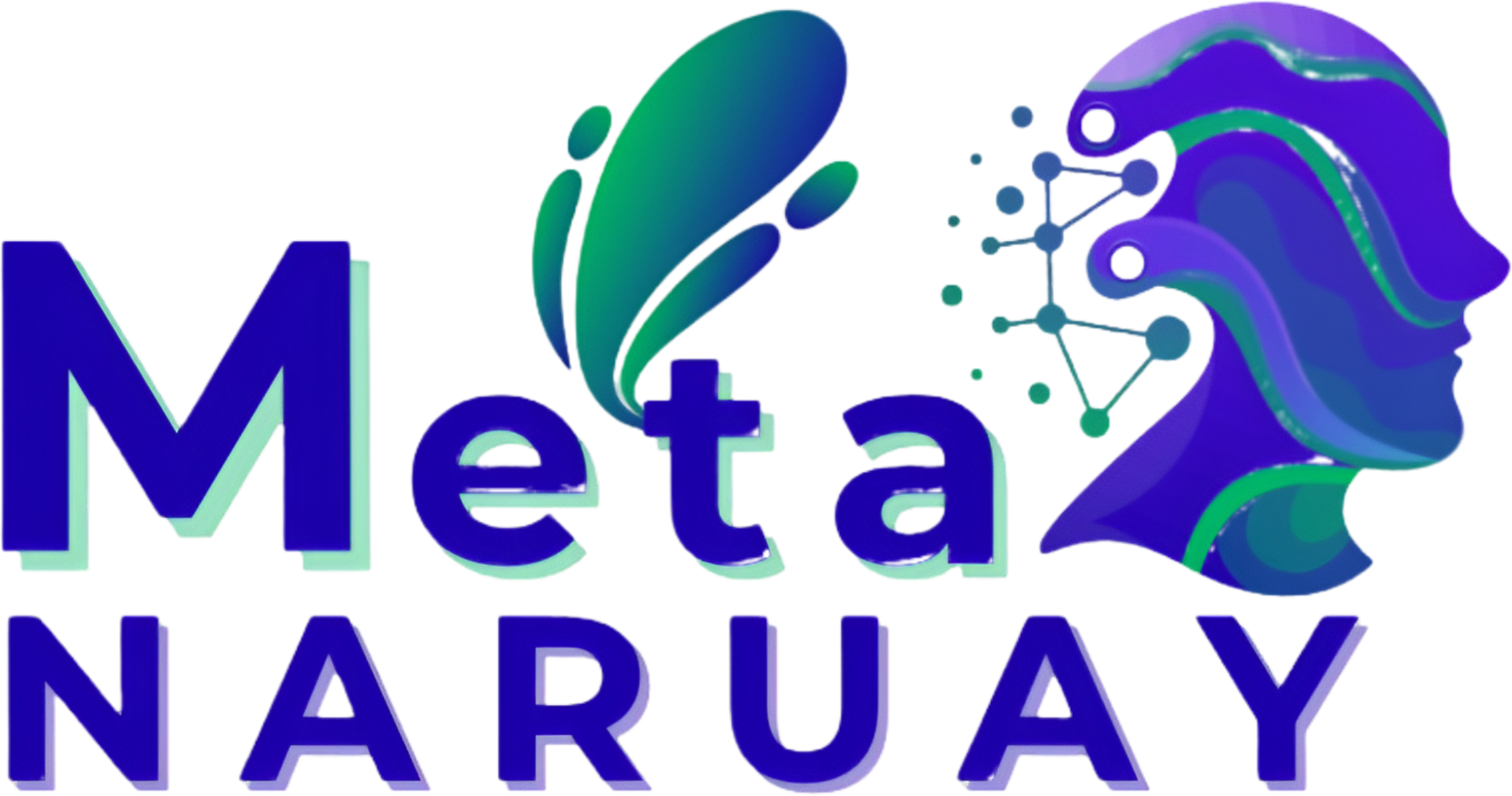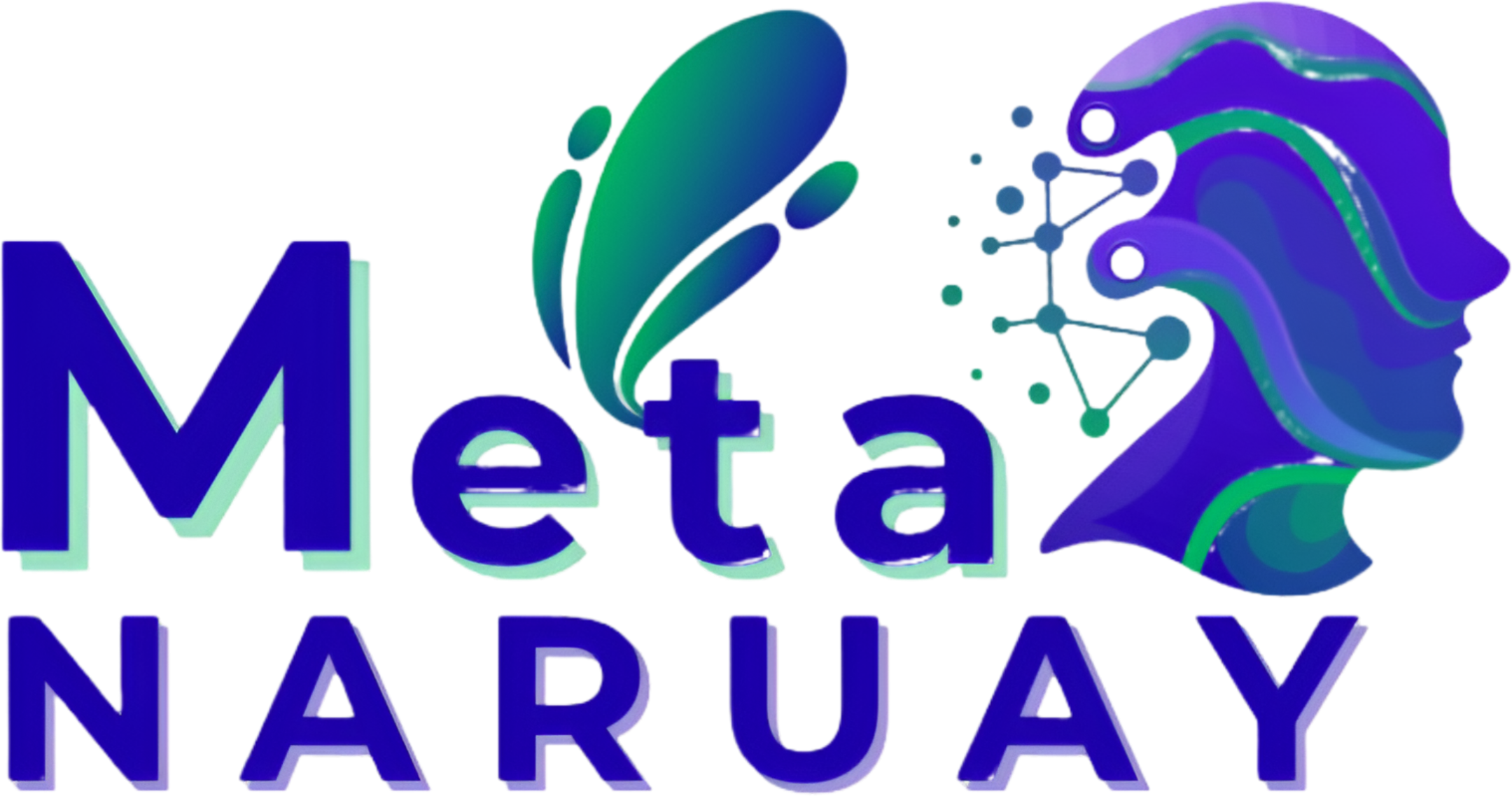The cornerstone of systemic therapy for non-resectable or metastatic Gastrointestinal Stromal Tumors (GIST) is the application of Tyrosine Kinase Inhibitors (TKIs). These targeted agents, starting with Imatinib, have fundamentally altered the clinical prognosis for GIST patients, making them the largest and most valuable segment within the GIST treatment market. The high cost and long duration of therapy for GIST patients, many of whom are on treatment indefinitely, ensure a steady, high-revenue stream for the pharmaceutical companies involved.
Imatinib remains the gold standard for first-line treatment, but the market dynamics are increasingly being shaped by second, third, and even fourth-line agents designed to combat acquired drug resistance. These include Sunitinib and Regorafenib, which target secondary mutations in the KIT gene that render Imatinib ineffective. The need for a sequential treatment strategy, where patients cycle through different TKI options as resistance develops, drives the demand for a broad portfolio of these expensive drugs, pushing the overall market toward its multi-billion dollar valuation.
The future of Tyrosine Kinase Inhibitors for GIST lies in developing novel agents that can overcome complex resistance mechanisms, such as the emerging "switch control pocket" inhibitors that address specific KIT exon mutations, or combination therapies that utilize TKIs with other agents to enhance efficacy. Pharmaceutical companies are heavily investing in these next-generation molecules, which offer superior potency and a broader spectrum of activity against mutated kinases. This continuous effort in clinical development ensures that the TKI segment will continue to dominate market revenue for the foreseeable future, despite patent expiration challenges for first-generation drugs.
Furthermore, TKIs are increasingly used in the adjuvant setting—given after surgery to reduce the risk of recurrence in high-risk patients. This prophylactic use significantly extends the duration of patient treatment, further boosting market volume and value. The strong clinical guidelines advocating for TKI use across various stages of the disease, from adjuvant to advanced metastatic, cement their market leadership. For an in-depth analysis of the TKI segment and pipeline, consult the report at Tyrosine Kinase Inhibitors for GIST.
Tags: #TKIs #Imatinib #Sunitinib #TargetedTherapy #DrugResistance #Pharmaceuticals




